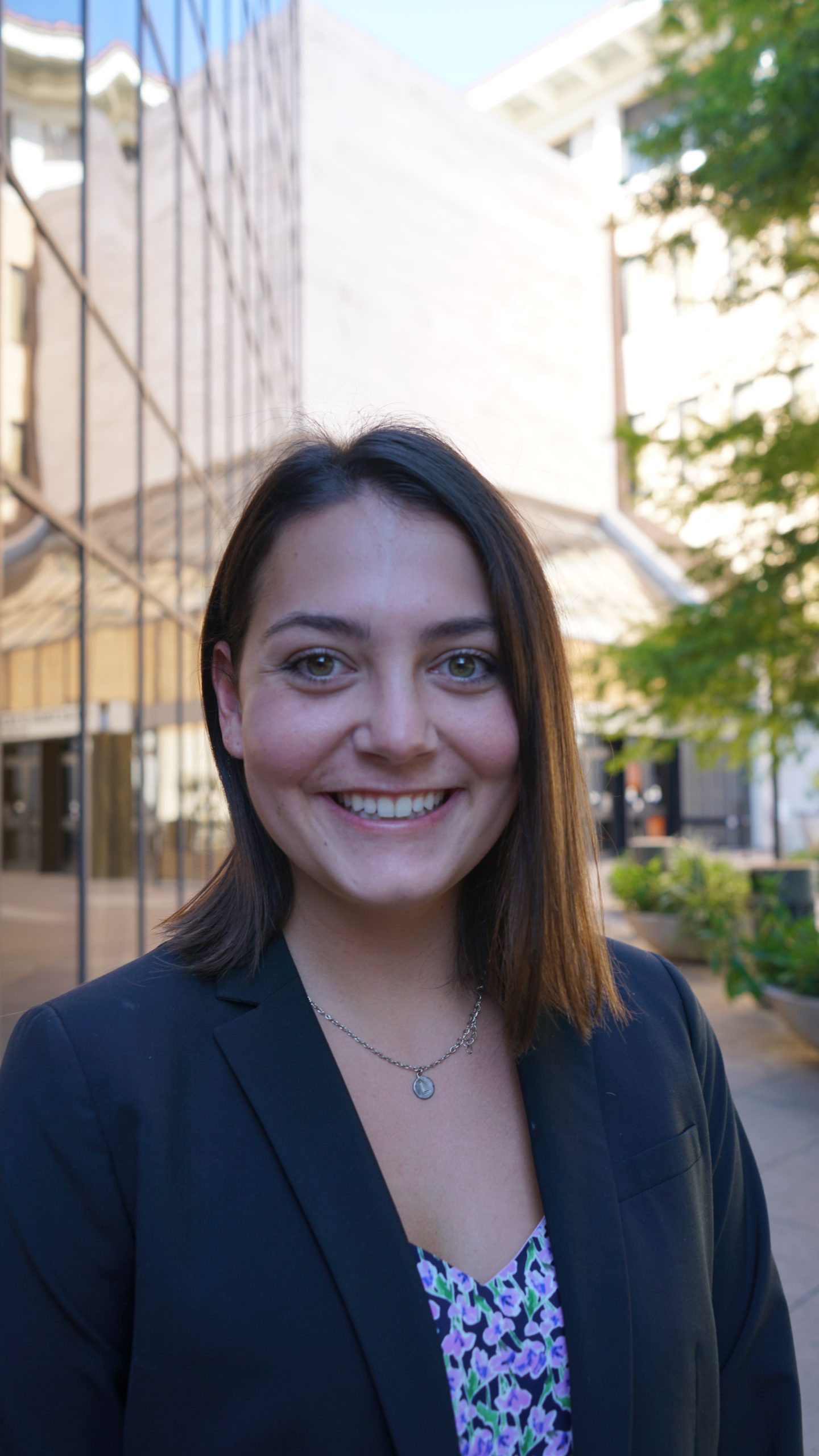Communicating Flood Risks in Texas

Lane Capps
2020/08/18

Everyone (myself included) thinks floods and other disasters aren’t going to happen to them. From hearing people say “I live on a hill” to “My city just flooded, it won’t happen again,” many people and places are not properly prepared for floods and other disasters because they just don’t think it will happen to them. The most frequent natural disaster affecting Texans is flooding. Yet there is very little education and understanding of flooding in Texas. Dr. Keri Stephens and her team just received a grant to study flood risk and how they can communicate it to Texans.
Currently, in Texas, there is very little education or communication about the risk of floods. Droughts and water conservation are taught in Texas public schools as part of the science education curriculum. However, floods are hardly mentioned. Additionally, communication and terms used to discuss floods are confusing. For example, the term “100-year flood plain” often confuses people. If someone living in a 100-year flood plain has flooding last year they often assume it won’t flood again for another 100 years. This is not the case. This grant is an opportunity to better understand this confusion and set Texans on a safer path.
Dr. Keri Stephens holds a special interest in Understanding Flood Education and Communication in Texas. When she was in the 3rd grade her home unexpectedly flooded and her family lost everything. There was five feet of water in their house for over two weeks. She grew up on furniture donated by the American Red Cross and the support they had from their local community. Dr. Stephens is excited to identify the best flood practices and bring them to Texas. Because she grew up in Texas and knows what it is like to be a flood victim, she thinks this project can really improve the lives of Texans.
Working along with Dr. Stephens on the project is Nancy Carlson and Kendall Tich. Nancy, a doctoral student in the Department of Communication Studies at UT Austin is very excited and looking forward to motivating her fellow Texans to take an active role in learning about floods and the risks associated with this hazard. She hopes to empower communities and increase their overall resilience. Nancy too has been affected by flooding in her personal life. She was impacted by flooding caused by Hurricane Dolly in 2008 and Hurricane Hanna in 2020. The heavy rainfall caused widespread flooding in her neighborhood on both occasions leaving her family stranded in their home for days. So far, she has worked jointly with the team members in gathering scholarly and grey literature to provide a comprehensive review of flood-related information.
Kendall, a third year Ph.D. student in the Dept. of Communication Studies at UT Austin is also excited to be involved in this project. She is looking forward to being part of a team aimed at flood and disaster preparation and mitigation communication to help people and communities realize the risk is real. She believes that the more prepared you are, the more likely you are to stay safe during a disaster and/or flood. She is not a native Texan, but she grew up along coasts her entire life – in New Jersey, California, Florida, and Hong Kong. She was aware of the risks–like hurricanes and flooding–in New Jersey and Florida, earthquakes and possible tsunamis/flooding in California, and typhoons in Hong Kong, but even knowing these risks, she still has never felt fully prepared for a natural disaster. So far Kendall has worked on the project by attending internal team meetings and external meetings with experts in the field and consulting organizations who also want to help improve disaster preparation and response communication. One of her most interesting tasks so far has been to comb through Tweets by disaster response organizations during Hurricane Hanna to better understand the way these organizations were keeping people informed and updated during this recent disaster.
The team has a lot of exciting things to come later in this project. They are currently doing an extensive literature review, where they look for academic literature and find the best flood practices in other states and countries. Later, they will conduct interviews and survey Texans to better understand why it is so hard for people to understand their risk for floods, and help educate people on what they can do about floods. This grant is a great opportunity to better the lives of Texans, and Dr. Stephens and her team look forward to what is to come!
Organizing Practices through Technology, Information, & Communication Lab Built with WordPress.
Stay Connected
Join our newsletter to keep up with our latest and greatest posts
Organizing Practices through Technology, Information, & Communication Lab
We are a group of social science researchers who study and teach in the broader area of communication technology. Our primary location is at The University of Texas at Austin in the Moody College of Communication, but we partner and collaborate with people at other institutions.